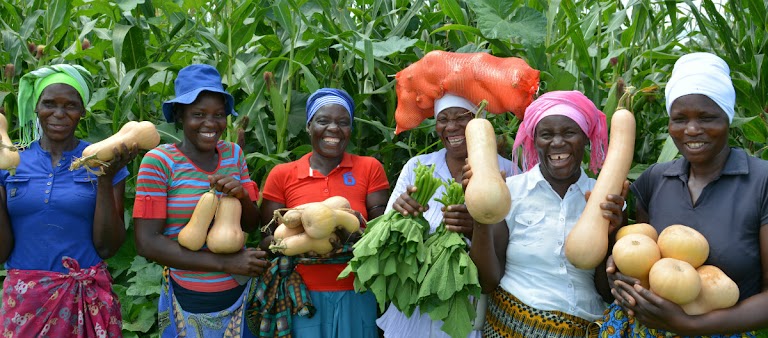include but are not limited to:
Objective 1: Ensures planning and implementation of projects, focusing on the overall M&E framework.
• Assist in developing the project Monitoring, Evaluation, & Learning plan and ensuring its effective and efficient implementation of a research Agric Project.
• Supports the farmer registration and attestation of FAP plots and control plots, taking GPS coordinates and boundaries of plots.
• Assist with deploying a community-led participatory approach, which ensures community participation in identifying needs
in project design, monitoring, and adjustment throughout the project cycle.
• Assist Farmers, community members, and local agriculture extension agents in monitoring, assessing, and documenting positive changes for people and local ecosystems derived from FAP using the Com-Led MEAL approach.
• Support the NAZ, implementing partners, and ARDAS project teams in the documentation of critical learning, which will provide the opportunity to examine issues that arise during project implementation.
Objective 2: Ensure proper monitoring and reporting of FAP demonstration plots focusing on the following areas:
• Assist in conducting a gender analysis as part of the initial activities to consider the distinct needs, preferences, and capacities of women and men in relation to natural resource management and agriculture.
• Assist with monitoring gender-specific issues and make sure they are properly captured and analysed in all documentation.
• Assist in conducting the participatory assessment of traditional knowledge about natural resources and ecosystems, agriculture, pollinators and crops, and identification of localized biodiversity-poverty issues, in concert with EMA and ARDAS.
• Assist in the baseline situational assessment and quantification of pollinators and biodiversity.
• Farmers and communities, along with field team ARDAS and partner subject matter experts, have documented changes to biodiversity and ecosystem services such as pollination, soil health, and watering adjacent agricultural landscapes.
• Establish an information system to monitor pollinator populations and development for the different FAP plots and communities.
• Assist farmers with the documentation of wild pollinator diversity in and around FAP plots as guided by the specialist consultant.
• Support the NAZ Agric Officer, ARDAS, and farmers in documenting the performance of FAP plots and control plots, and in the plot yield and income assessments.
• Document and follow up on lessons learned and maintain an archive of human-interest stories (most significant change).
• Ensure that lessons learned are fed back into project implementation, together with the FSL Manager and under the coordination of the MEAL Manager.
• Draft regular M&E reports and assist in preparing project evaluation and/or review reportsObjective 3: Provides support in ensuring the facilitation of knowledge-building and knowledge-sharing through the Community-Led MEAL approach.
• Provide MEAL capacity development support to project staff and project participants (NAZ, ARDAS officers, and farmers.)
• Assist in tools for documentation that will contribute to generating actionable information and evidence on FAP efficacy for ecosystem restoration, livelihoods, and climate resilience and to the adoption of FAP as an innovative and appropriate, and workable technical approach by local communities and multiple stakeholders.
• Together with the ARDAS officers assist with the monitoring and learning visits to enhance the understanding of the environment/agriculture interface of biodiversity and position FAP as a concept where both come together.
• Provide support organizing learning visits from external stakeholders and ensure documentation of learning visits and discussions.
• Assist Farmers and community members in assessing the FAP impact, realizing benefits for nature, climate, and people, and are motivated to adopt FAP and employ practices leading to environmental regeneration.





